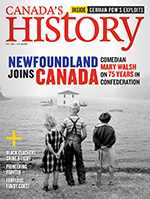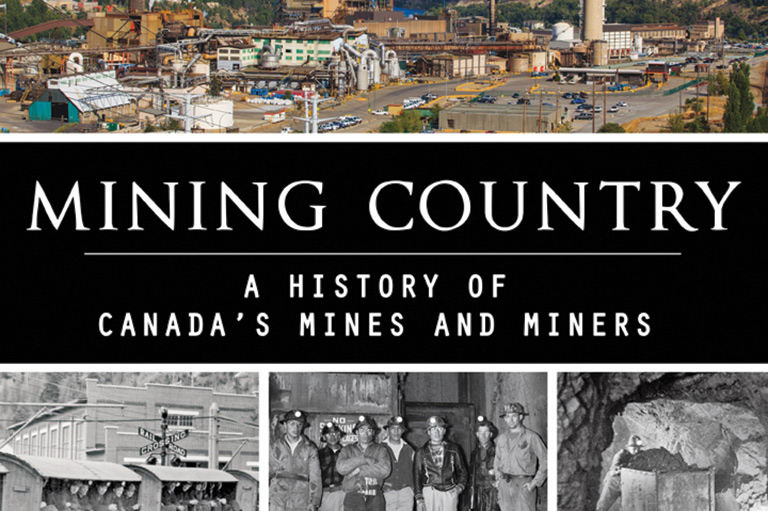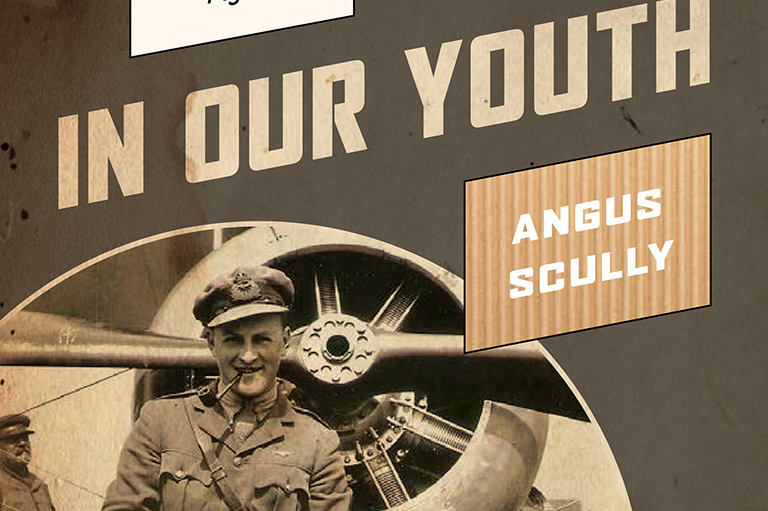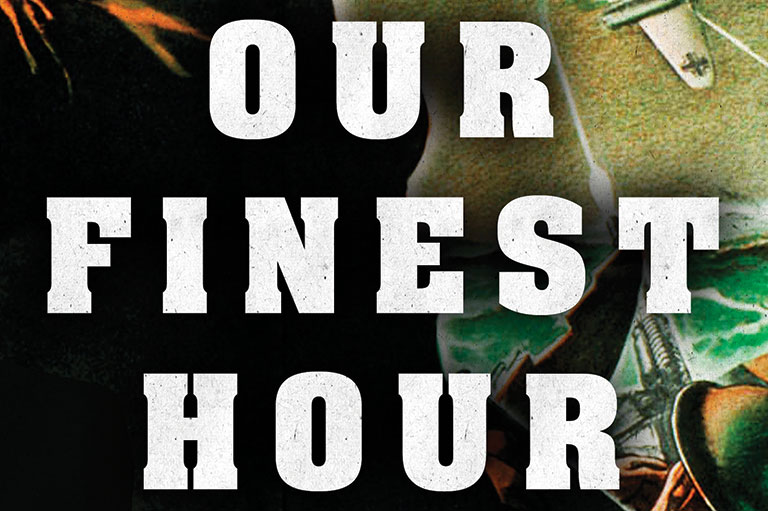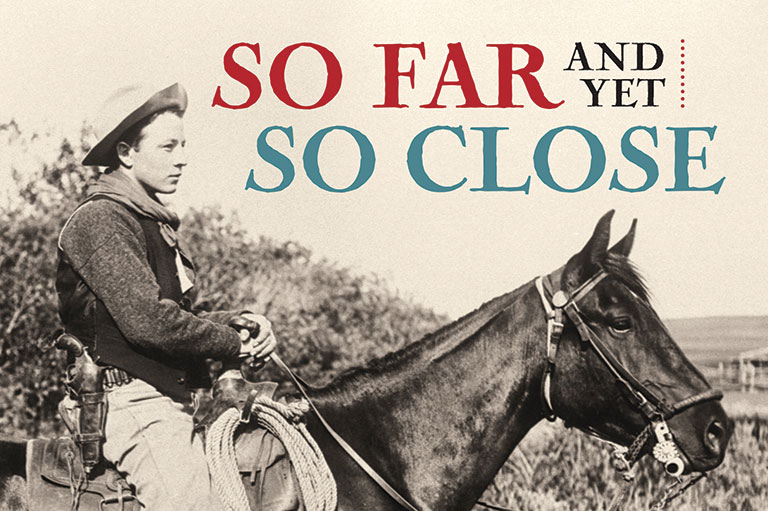Discover a wealth of interesting, entertaining and informative stories in each issue, delivered to you six times per year.
Rise to Greatness
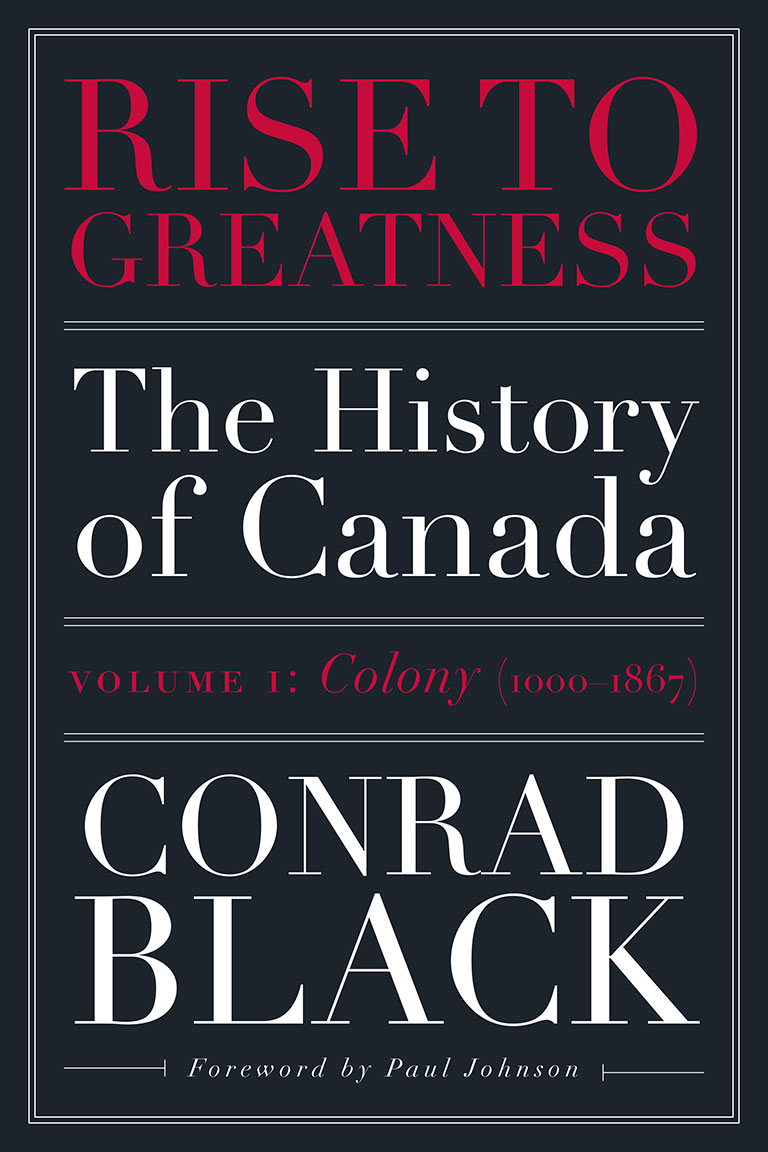
Rise to Greatness: The History of Canada from the Vikings to the Present
by Conrad Black
McClelland & Stewart
1,144 pages, $50
Let us stipulate that Conrad Black is a polarizing figure. Many Canadians disliked his way of doing business, his launching of the National Post, and his seemingly haughty view — at the time — regarding his own country. Now, let us put that aside and consider on its merits his rather immodest, thousand-plus-pages Rise to Greatness: The History of Canada from the Vikings to the Present.
The strength of this ambitious work of synthesis is that Black maintains a coherent narrative thread, from start to finish, of Canada — almost from Samuel de Champlain’s time to now — as a constant geopolitical balancing act. Those who brokered the English-French compromise, Black argues, also leveraged the rivalry between Britain and the United States, using “the subtle and not overly cynical invocation of the two countries against each other for properly Canadian ends while being faithful and inoffensive to both,” until the federation could stand on its own. Black advances this thesis boldly and persuasively until the very last page, reminding us that the pattern of accommodation by political leaders predates the country itself. Not just John A. Macdonald and Wilfrid Laurier but otherwise forgotten characters like the pre-Confederation government leader Allan MacNab learned to find and grasp the centre.
Among the book’s most memorable passages are Black’s observations on the French explorer Champlain and British Governor-in-Chief Guy Carleton; his portrait of Prime Minister William Lyon Mackenzie King and his analysis of the conscription debate; his view of Quebec Premier Maurice Duplessis as a lost chance for constitutional peace; and his masterful account of events surrounding French
President Charles de Gaulle’s 1967 “Vive le Quebec libre” speech.
Black, of course, will be Black: His clever turns of phrase are conspicuous throughout, and he is liberal with his ten-dollar words, but only rarely does he enter a sentence from which he has trouble extricating himself.
Still, there are missteps. Black’s comparison of Mackenzie King to Soviet leader Joseph Stalin is only half-serious, but then he promptly slaps Mackenzie King for the prime minister’s own dubious comparison of Duplessis to the Soviet foreign minister Vyacheslav Molotov. Pot, kettle, meet Black.
More egregiously, he repeats the persistent misperception that some 9/11 hijackers entered the U.S. from Canada, a myth long since debunked by serious observers. And he adds excessive heft to an already big book with long tangents on subjects that are not central to his thesis but are of interest to him: European court politics, military tactics, U.S. President Franklin Delano Roosevelt. At least his lengthy take on Duplessis, like FDR the subject of an earlier Black book, is germane to his narrative.
Black settles some present-day scores. He raps the self-importance of the Family Compact as “terribly self-satisfied, resistant to change, and lacking in any panache or accessibility to popular affection ... a genre that lingers yet in Southern Ontario and even lurks in the shadows in some of the mustier institutions of Toronto.” This is great fun; not so his shot at Prime Minister Brian Mulroney’s Airbus detractors, a passage disingenuously separated by eleven pages from his admission that Mulroney accepted $300,000 in cash from Karlheinz Schreiber.
If there’s a broader criticism, it’s that Black sticks to conventional wisdom for the most part — Macdonald is bold, Laurier keeps Quebec in, Mackenzie King is a chameleon, John Diefenbaker reckless, and so on — albeit with vivid prose and entertaining asides. After a few hundred pages, you yearn for a fresh take, a counterintuitive interpretation.
So why bother writing it? Black quotes Edmund Burke’s comment that the very notion of Confederation was “a complete absurdity.” Perhaps he simply decided Canada is so unlikely a story that he should put his own stamp on it, apply his own panache to argue that the country has mastered “its internal inhibitions and contradictions” to become “a better-governed country and a better-functioning society” than its superpower neighbour to the south.
All this saga lacks to tie the threads together — and he laments it, explicitly, in the final pages — is for Canada to step assertively onto a world stage vacated by a diminished United States, and to have Quebec sign the 1982 Constitution at last. But history doesn’t have tidy conclusions. For a single-volume survey that brings the reader right up to the present, one can’t do better than Rise to Greatness, a story told with satisfying sweep and verve.

